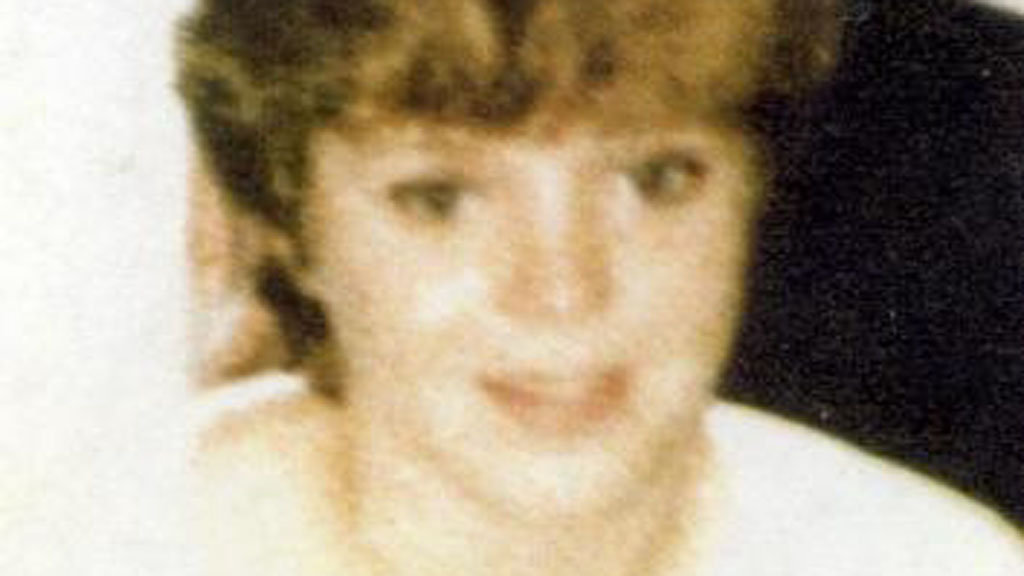Lynette White murder: Eight police officers lose civil case
A group of former detectives whose corruption trial following a failed murder investigation became one of the most expensive in British legal history have lost a bid to sue their force.
A group of former detectives whose corruption trial following a failed murder investigation became one of the most expensive in British legal history have lost a bid to sue their force.
Eight former South Wales Police officers involved in the Lynette White murder inquiry brought a civil action after being cleared of corruption allegations when their trial collapsed in 2011.
Graham Mouncher, Thomas Page, Richard Powell, John Seaford, Michael Daniels, Peter Greenwood, Paul Jennings and Paul Stephen sued for malicious prosecution, false imprisonment and misfeasance.
Their case was dismissed last week and following the decision, handed down at the High Court sitting in Cardiff, a solicitor representing seven of the officers said they would consider the possibility of an appeal.
The eight were among 15 former officers who brought the civil case.
The men claimed South Wales Police acted deliberately or recklessly beyond their powers in the investigation into their conduct.
The group also claimed the force adopted “a mindset of guilt” about the officers and pursued the investigation “in a wholly disproportionate way, despite the manifest weaknesses of the available evidence”.
But the judge said the claimants failed to prove this.
Mr Justice Wyn Williams said no South Wales Police officer exceeded their power during the investigation into the claimants or acted in bad faith during the inquiry.
A South Wales Police spokesperson said the force “welcomed the judgment”. He added: “Some 34 arrests were made during the course of this investigation.
The judge found against the force in only two claims concerning arrests, concluding that there was insufficient evidence to make one of the arrests and that one other was unnecessary.
“We will now address those matters in conjunction with the claimants` legal advisers.”
Stephen Miller, Yusef Abdullahi and Anthony Paris spent four years in prison for the 1988 murder before their convictions were quashed on appeal.
The real killer was eventually caught a decade later.
High Court Judge Mr Justice Wyn Williams dismissed all the claimants applications at a hearing at Cardiff Civil Justice Centre.
Mr Justice Williams ruled: The claimants case, in summary, was that the defendants [South Wales Police] officers committed misfeasance in public office by deliberately or recklessly acting beyond their powers in the (corruption) LW3 investigation, prosecution and trial.
It is said that the defendants officers prejudged the central issues of the investigation, adopting a mindset of guilt in relation to the claimants from the outset, and pursued the investigation of the claimants in a wholly disproportionate way, despite the manifest weaknesses of the available evidence, foreseeing the likelihood that their actions would injure the claimants.
It is also said that in the course of LW3 the defendants officers falsely imprisoned the claimants and, throughout the investigation, a number of officers acted in bad faith.
The claimants have failed to prove these allegations.
On the basis of the evidence as a whole I concluded that no officer of South Wales Police either deliberately or recklessly exceeded his/her powers during the course of discharging his/her duty during the course of LW3.
Further, and very importantly, I found that no officer of SWP acted in bad faith when discharging his/her duty during the course of LW3.
He said: All the claims of misfeasance in public office fail and they are dismissed.
Mr Miller, Mr Abdullahi and Mr Paris known locally as The Cardiff Three were convicted and sentenced to life imprisonment but were acquitted in December 1992 when the Court of Appeal quashed their convictions after hearing evidence that they had been fitted up for the crime.
A new investigation was launched by the force but it was not until 2003, 11 years after they were freed, that the real killer was identified.
In 2003, advances in DNA technology saw the real killer, Jeffrey Gafoor, caught. He confessed t


